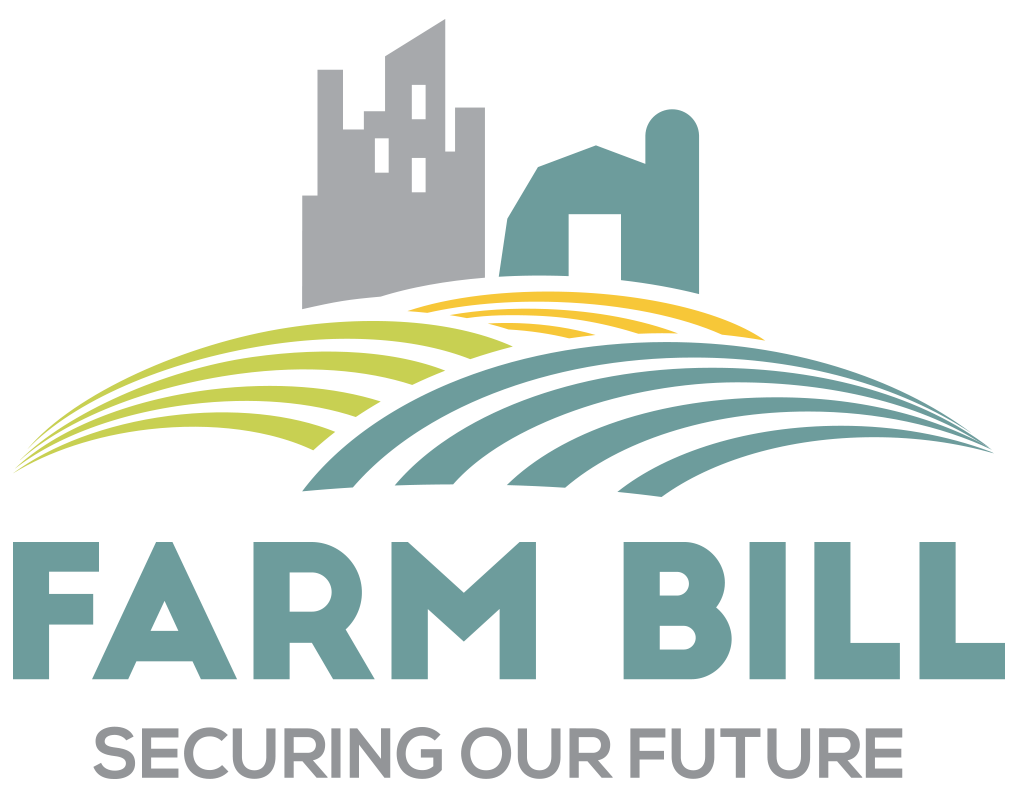
By Clint Thompson
The year 2023 will be the year of the Farm Bill for farmers across the U.S. The piece of legislation that is renewed every five years will be vital to producers in all areas of agriculture.
It will be especially important for Southeast specialty crop producers, says Adam Rabinowitz, Alabama Extension economist.

“Specialty crops within the Farm Bill is a little bit unique, because it’s a lot more about marketing opportunities, providing specialty crop block grants to state departments of agriculture that ultimately provide educational opportunities as well as research opportunities,” Rabinowitz said. “Crop insurance is a big one, too. I think we’re going to see some discussion on the crop insurance side for specialty crop producers. They typically don’t have the same offerings and don’t enroll in a lot of the same programs as your big row crop producers. I think we’ll see more discussions in that area.”
Importance of Being Finalized on Time
President Trump signed the current Farm Bill into law in September 2018. Rabinowitz discussed the importance of the new Farm Bill being finalized around that same timeframe.
“It certainly would be ideal but doesn’t necessarily have to be done by then. Every program within the Farm Bill almost has its own unique expiration date with what happens if it’s not renewed. January after the September expiration seems to be a target that has been looked at in the past, where if it doesn’t happen by then, it definitely needs more of that continuing resolution to prevent any adverse effects on markets,” Rabinowitz said.
“One interesting perspective is we’ve got some conservation programs that have just been renewed outside of the Farm Bill process. There’s not necessarily the urgency from those programs to re-up. What that means in terms of motivation for some of the other areas in the Farm Bill to get things done, a lot of times, it really comes down to the political environment.”









